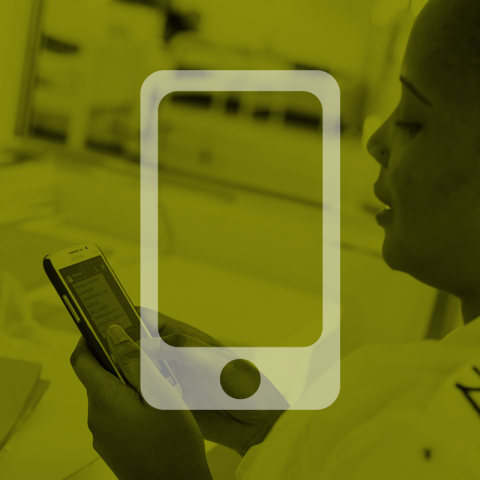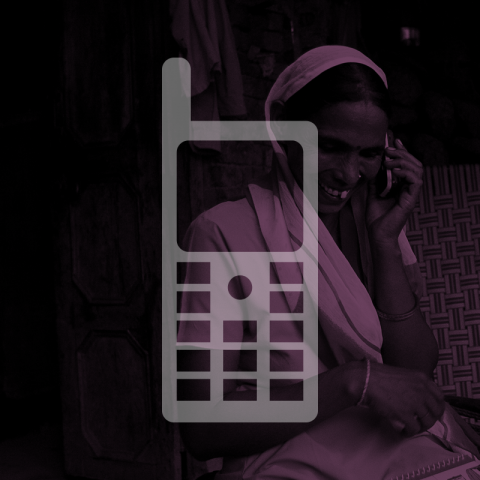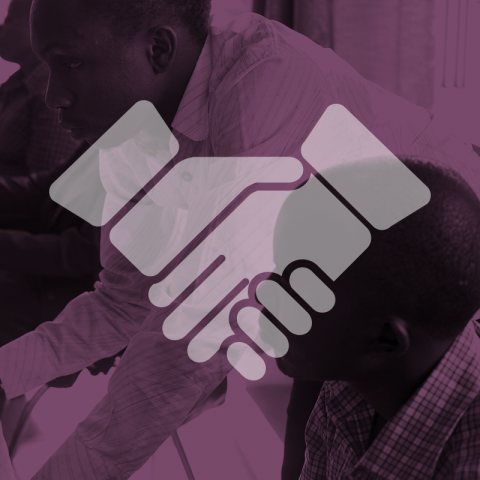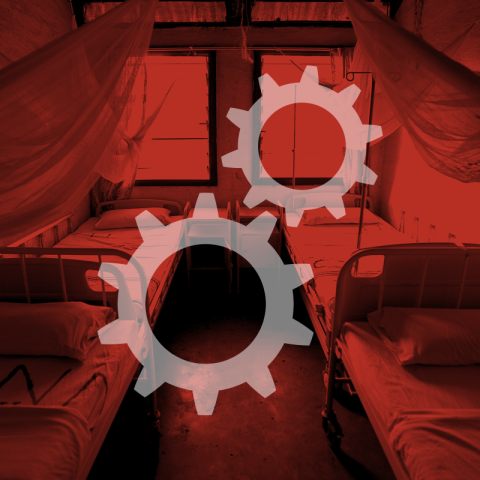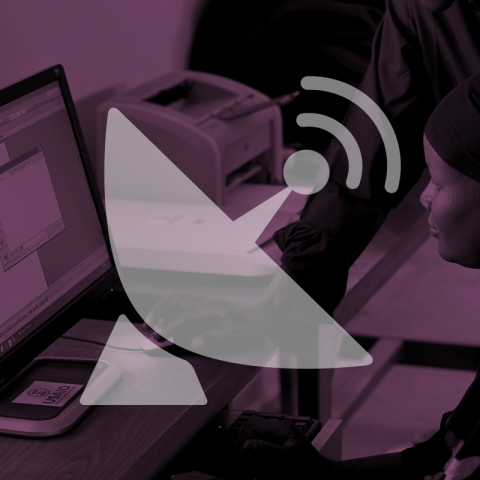
Richard Stanley
Former Senior Product Manager, Digital Health
Richard Stanley managed product development for data science, analytics, and interoperability to support the digital transformation of health systems.
Richard has worked in technical leadership roles across 30 countries over the course of his 24 year career. As the global lead for real-time information systems at UNICEF and innovation lead in Afghanistan, he led the first pilot for RapidPro, an easy-to-use tool to create text messaging-based applications. He is proficient in Python and Stata and has a background as a Unix systems administrator.
Richard has a PhD in Politics from the University of Oxford and has conducted quantitative research on the impacts of climate change and conflict on child survival. He was a Fulbright Fellow in Sierra Leone and National Science Foundation Graduate Research Fellow.
VITAL
What's mHero's Secret to Giving Health Officials Real-Time Information during a Pandemic?
Interoperability. Now we're syncing data from the communication tool with even more health information systems to combat COVID-19.
Partner Locally or Fail Repeatedly
UN Technology Innovation Labs talks with Richard Stanley about the state of tech in development—including the failures of our past and opportunities for our future.
3 Ways To Invest in Interoperable Health Information Systems
These are the paths that will lead us beyond lofty goals and onto practical action.
Why Data Interoperability Matters to Global Health
The global digital health community has been talking about it for more than a decade. So where do things stand?
How to Have Happier Users and Better Health Data with Faster Apps
Software developers have the power to improve usability in the tools health workers use to report health data.





